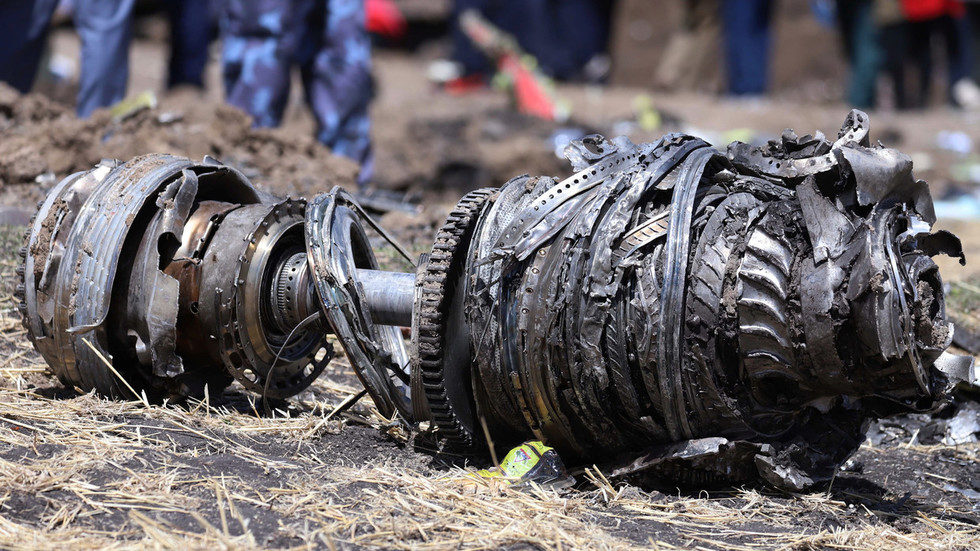
A person familiar with the inquiry told USA TODAY on Wednesday that the FBI is assisting federal transportation authorities in their investigation into the jet's certification process, which has come under criticism for possible cozy relationships between Boeing and FAA inspectors.
The two crashes killed more than 300 people since October. Transportation Department officials are leading the investigation into the Federal Aviation Administration approval of the passenger jet, while the FBI is providing needed resources, said the person, who is not authorized to comment publicly.
The FBI's role in the inquiry was first reported by the Seattle Times.
It's the latest revelation in the Boeing case, with a federal grand jury also looking into safety approvals for the planes and a key congressional panel scheduled next Wednesday to delve into the Max 8 and aviation safety in general.
"In light of the recent tragedy in Ethiopia and the subsequent grounding of the Boeing 737 Max aircraft, this hearing will examine challenges to the state of commercial aviation safety, including any specific concerns highlighted by recent accidents," according to a statement from the committee, to be chaired by Texas GOP Sen. Ted Cruz. "The committee will hear from a panel of government witnesses on ways to improve the safety of the commercial air transportation system"
News of the FBI's involvement also comes after Wednesday's decision by Europe and Canada to break with U.S. air-safety regulators. The Europeans and Canadians vow to conduct their own reviews of Boeing's changes to a key flight-control system, not to simply take the Federal Aviation Administration's word that the alterations are safe.
Those reviews scramble an ambitious schedule set by Boeing and could undercut the FAA's reputation around the world. It could also mean a likely delay in the resumption of Max 8 flights around the globe. Hundreds of Max 8s are grounded and production of more than 4,000 others have been halted amid safety concerns.
Boeing hopes by Monday to finish its update to critical software that can automatically point the nose of the plane sharply downward in some circumstances to avoid an aerodynamic stall, according to two people briefed on FAA presentations to congressional committees.
The FAA expects to certify Boeing's modifications and plans for pilot training in April or May, one of the people told the Associated Press. Both spoke on the condition of anonymity because they are not authorized to speak about the briefings.
But there are doubts about meeting that timetable. Air Canada plans to remove the Boeing 737 Max from its schedule at least through July 1 and suspend some routes that it flew with the plane before it was grounded around the world last week.
American Airlines, Southwest Airlines and United Airlines, which are slightly less dependent on the Max than Air Canada, are juggling their fleets to fill in for grounded planes, but have still canceled some flights.
By international agreement, planes must be certified in the country where they are built. Regulators around the world have almost always accepted that country's decision.
As a result, European airlines have flown Boeing jets with little independent review by the European Aviation Safety Agency, and U.S. airlines operate Airbus jets without a separate, lengthy certification process by the FAA.
That practice is being frayed, however, in the face of growing questions about the FAA's certification of the Max. Critics question whether the FAA relied too much on Boeing to vouch for critical safety matters and whether it understood the significance of a new automated flight-control system on the Max.
CONTRIBUTING: Ledyard King, USA TODAY; Associated Press



They're the experts at hiding the truth for corporate interests.
We'll never know now